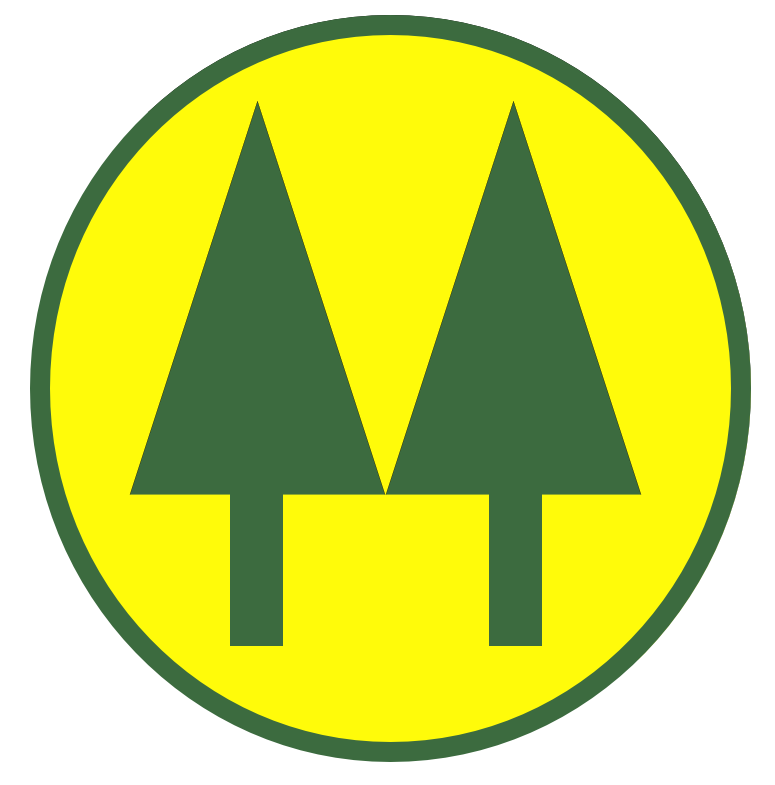What is a co-op?
A cooperative is a type of business that is owned and operated for the mutual benefit of its members. This is done through being a democratic organization where members have full ownership and control over their earnings and assets. The SHC is a housing cooperative where residents own and maintain their own houses, but there are a variety of other types of cooperatives such as credit unions, worker cooperatives, and consumer cooperatives.
By contributing and becoming an active member of a co-op, you have the power to shape that business. You control the politics and economics of what is truly your organization. The International Cooperative Alliance, in their 1995 statement on cooperative values, declared…
“Co-operatives are based on the values of self-help, self-responsibility, democracy, equality, equity and solidarity. In the tradition of their founders, co-operative members believe in the ethical values of honesty, openness, social responsibility and caring for others.”
The MSU Student Housing Cooperative owns 14 houses in East Lansing and 1 house in Lansing, all of which are entirely member-owned and democratically operated.
Why is Living in a Cooperative Different than Other Housing Options?
Not-for-profit:
Because we own our own houses, we choose what we pay for rent each month. Co-ops are at-cost because your charges are based on what you and the other members decide we all pay. Costs are therefore much lower than other off-campus options because there is no landlord trying to make a profit. The money you put into the SHC is contributed to the betterment of everyone in the co-ops.
Community:
Living in a cooperative is also different from other housing options because of the wide variety of people you will have the opportunity to meet both within your own house and within the co-op system at large. The bonds you build with your fellow co-opers are often the most meaningful because of the shared sense of responsibility and community that forms in cooperative houses.
Self-Governing:
Every member of the house has a say in how it’s run. House meetings open up a forum for member concerns and inquiry. Whether it’s a proposal to have a party, decisions about house jobs, or a new meal plan, the house makes the rules. You can also choose to get involved in leadership at an organizational level to help make decisions about how the co-ops are run overall.
Cooperative Principles
Cooperatives began in 1854 with the Rochdale Society of Equitable Pioneers, a group of English textile workers who formed a common shop to purchase goods they normally couldn’t afford. By using their collective power to purchase goods and market them wholesale to their members, although their shop began selling only a small selection of goods, within a decade they had gotten a reputation for selling fine products and the cooperative movement had expanded dramatically.
Today, the modern cooperative movement still uses The Rochdale Principles as the basis for cooperative philosophy:
1st Principle: Voluntary and Open Membership
Co-operatives are voluntary organizations, open to all persons able to use their services and willing to accept the responsibilities of membership, without gender, social, racial, political or religious discrimination.
2nd Principle: Democratic Member Control
Co-operatives are democratic organizations controlled by their members, who actively participate in setting their policies and making decisions. Men and women serving as elected representatives are accountable to the membership. In primary co-operatives members have equal voting rights (one member, one vote) and co-operatives at other levels are also organized in a democratic manner.
3rd Principle: Member Economic Participation
Members contribute equitably to, and democratically control, the capital of their co-operative. At least part of that capital is usually the common property of the co-operative. Members usually receive limited compensation, if any, on capital subscribed as a condition of membership. Members allocate surpluses for any or all of the following purposes: developing their co-operative, possibly by setting up reserves, part of which at least would be indivisible; benefiting members in proportion to their transactions with the co-operative; and supporting other activities approved by the membership.
4th Principle: Autonomy and Independence
Co-operatives are autonomous, self-help organizations controlled by their members. If they enter to agreements with other organizations, including governments, or raise capital from external sources, they do so on terms that ensure democratic control by their members and maintain their co-operative autonomy.
5th Principle: Education, Training and Information
Co-operatives provide education and training for their members, elected representatives, managers, and employees so they can contribute effectively to the development of their co-operatives. They inform the general public – particularly young people and opinion leaders – about the nature and benefits of co-operation.
6th Principle: Co-operation among Co-operatives
Co-operatives serve their members most effectively and strengthen the co-operative movement by working together through local, national, regional and international structures.
7th Principle: Concern for Community
Co-operatives work for the sustainable development of their communities through policies approved by their members.

Where did the twin pines symbol come from?
NCBA’s first President, Dr. James Peter Warbasse, created the original twin pines emblem to symbolize the cooperative community. Dr. Warbasse defined the symbol in this way:
“The pine tree is the ancient symbol of endurance and fecundity. More than one pine is used to signify cooperation. The trunks of the trees are continued into roots which form the circle, the ancient symbol of eternal life, typifying that which has no end. The circle represents the all-embracing cosmos which depends upon cooperation for its existence. The two pines and the circle are dark green, the chlorophyll color of man’s life principle in nature.”
